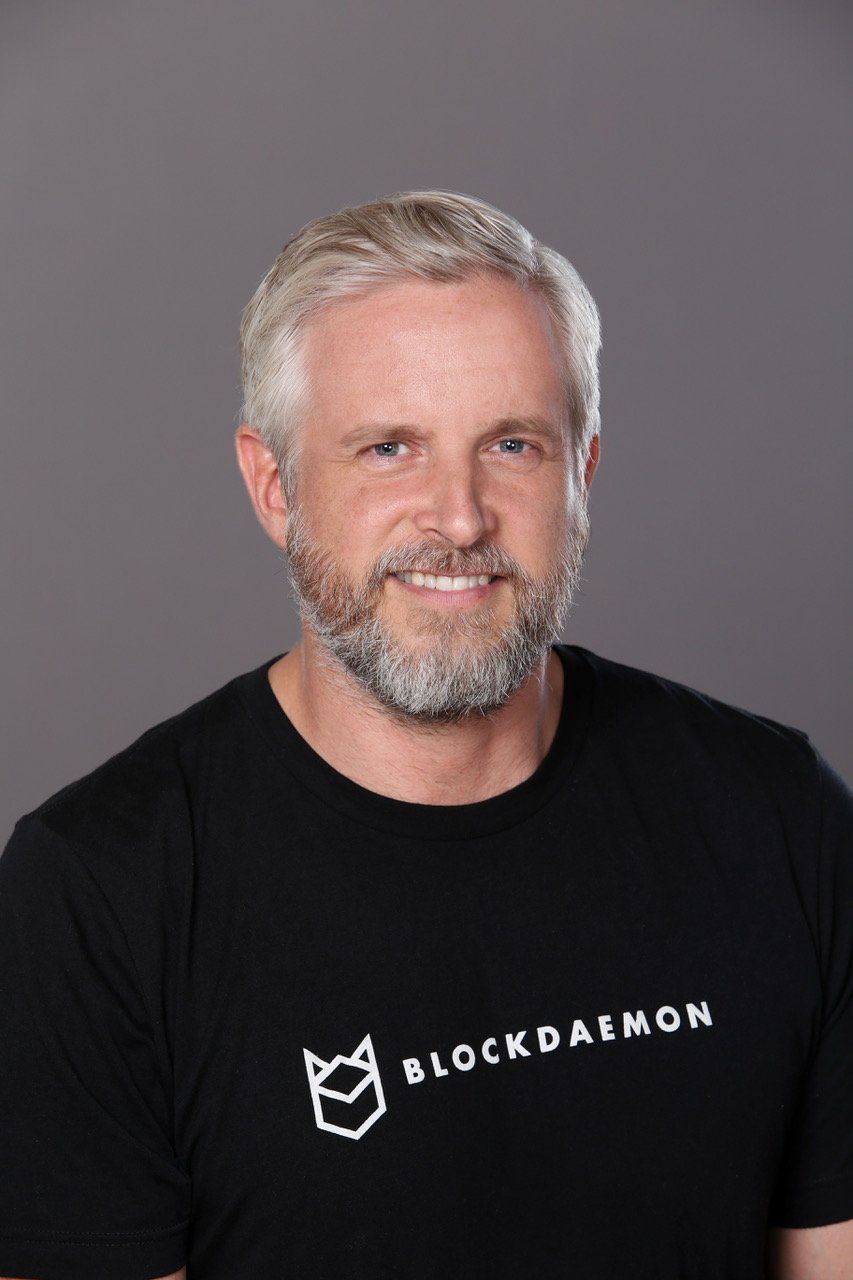Konstantin Richter has taken his network building ability to blockchain technology and the results are impressive. Mr. Richter is the founder and CEO of Blockdaemon, a blockchain infrastructure platform built for both developers and enterprise. Since its founding in 2017 Blockdaemon has supported the launch of more than 1,000 nodes and more than 20 protocols.
Mr. Richter previously worked building wireless telecommunications networks companies like Nokia and said he enjoyed building business models focused on content distribution. He has long followed Bitcoin and cryptocurrency, and after selling a startup he founded in 2017 decided to devote his entrepreneurial curiosity to the blockchain.
There was a wonderful poetry that attracted him to Bitcoin, Mr. Richter said. Its inherent incentive structure was a smart way to quickly scale and to get people to use the technology. A decentralized nature encourages truth and fosters trust.
There were some bumps along the way. Eat the beginning the excitement shown by early adopters created problems for the industry, Mr. Richter said.
“There was a delta between the huge market expectations and the sad reality of the actual state of the technology,” Mr. Richter said. “Blockdaemon was started to bridge that delta.”

The idea is to connect to the main blockchain via nodes, making the process easy, secure, and high-performance. Blockdaemon automates node management, including supplying fresh data from nodes when required.
Mr. Richter said Blockdaemon’s worth was proven by the company being able to secure $5.5 million in funding in the midst of a pandemic. He credits that to the momentum they had built up over the past year that saw Blockdaemon triple in size.
More financial institutions are getting involved in blockchain and that is benefiting the entire industry, Mr. Richter said. As they outsource their node infrastructure the pool of customers increases and that drives growth. Many institutions are now interacting with cryptocurrency for the first time as it becomes more popular and they are open to technology partnerships. Approaching them with a proposal to run their infrastructure even 18 months ago would’ve gotten him laughed out of the boardroom, Mr. Richter admitted.
“Cryptocurrencies are in a bull run, so we are lucky we’re in a market where expectations were really high,” Mr. Richter said.
Blockdaemon’s short-term plans include expanding their local presence in Germany and Asia before taking their offerings around the world, Mr. Richter said. They also want to grow their engineering team so they can proceed on their development roadmap.
Payment systems are an exciting area that can benefit from cryptocurrency and the blockchain, Mr. Richter said. As more financial institutions become involved and understand the underlying technology they will see the benefits of such features as anonymized payments and native distribution systems. Startup payment companies will attract large groups who will connect with each other and run bridges between nodes while driving liquidity.
Another advantage for Blockdaemon is its technology doesn’t only recognize one blockchain, Mr. Richter said. It works with those blockchains offering standard containerized deployments. Clients can develop complex networks containing multiple clouds and data centers and deploy testnets and mainnets to ensure strong decentralization while connecting data pockets via APIs. That avoids having a single point of failure.
Expect government to have a key role in driving cryptocurrency adoption, Mr. Richter advised. It begins with slowly allowing more people to access digital money and will continue as regulation catches up with technology and the systems integrate with each other over time. Government bodies will run nodes and will be joined by universities and other institutions whose core motivations are not money. That will expand trust.
“We’re excited by that,” Mr. Richter said. “It’s too much of a fringe exercise otherwise.”









